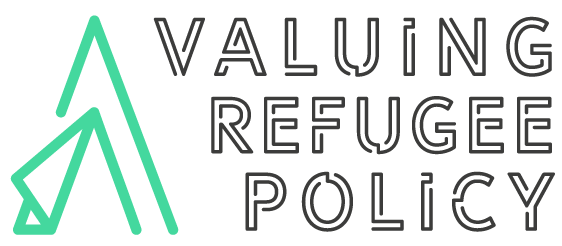Interdisciplinary Seminar in Empirical Social Science (ISESS) is a monthly seminar series that brings together scholars from diverse backgrounds in social science who are interested in comparative empirical research. It creates a unique interdisciplinary and inter-institutional forum to present work in progress and receive feedback. All meetings will be held in English.
The ISESS seminar is affiliated with the new Centre for Excellence in Social Science at the University of Warsaw, which is part of the Excellence Initiative – Research University (IDUB – a program funded by the Ministry of Science and Higher Education).
In the academic year 2022/23 the seminar is convened by Natalia Letki and Dawid Walentek (Politics) and Paweł Kaczmarczyk (OBM/WNE). The seminars is held on the last Tuesday of the month at 4 pm, in the Seminar Room of Centre of Excellence in Social Science, BUW Building, Dobra 62, Room 2.90.
To register for the Seminar and receive the Zoom invitation, please follow this link.
Upcoming seminar on Tuesday May 30th, 2023:
Bob Andersen, Departments of Sociology, Political Science, and Statistics and Actuarial Science, Ivey Business School
Trust in Business in Cross-National perspective: The role of economic inequality
This paper explores relative trust in business and labour. Employing mixed models and country-fixed effects models fitted to World Values Survey data on 212,147 individuals nested within 85 and national statistics, we assess three main research questions: 1) How does relative position in income distribution affect support for business and unions? 2) In which ways do national prosperity and inequality affect trust? Do income, inequality and economic prosperity interact to affect trust? We find that inequality has little impact when GDP high. In such cases, trust in business is relatively high regardless of one’s position in the income distribution. For poor countries, however, trust is relatively low and both individual income and country level income inequality have a positive relationship with trust in business. Put another way, the lowest income earners in the least equal countries have far greater trust in labour unions than they do in corporations.
List of speakers for the academic year 2022/23:
- October 25 Anna Matysiak, Faculty of Economics, University of Warsaw
- November 29 Matteo Cinelli, Department of Environmental Sciences, Informatics and Statistics, Ca’Foscari University of Venice
- December 20 Adam Gendźwiłł, Faculty of Geography and Regional Studies, University of Warsaw
- January 24 Esme Bosma, Senior Consultant, Deloitte’s Financial Crime Advisory
- February 28 Tarik Abou-Chadi, Nuffield College, University of Oxford
- March 28 Theresa Kuhn, European Studies Department, University of Amsterdam
- April 25 Saskia Bonjour, Faculty of Social and Behavioural Sciences, University of Amsterdam
- May 16 Ulf Liebe, Department of Sociology, University of Warwick
- May 30 Bob Andersen, Departments of Sociology, Political Science, and Statistics and Actuarial Science, Ivey Business School


